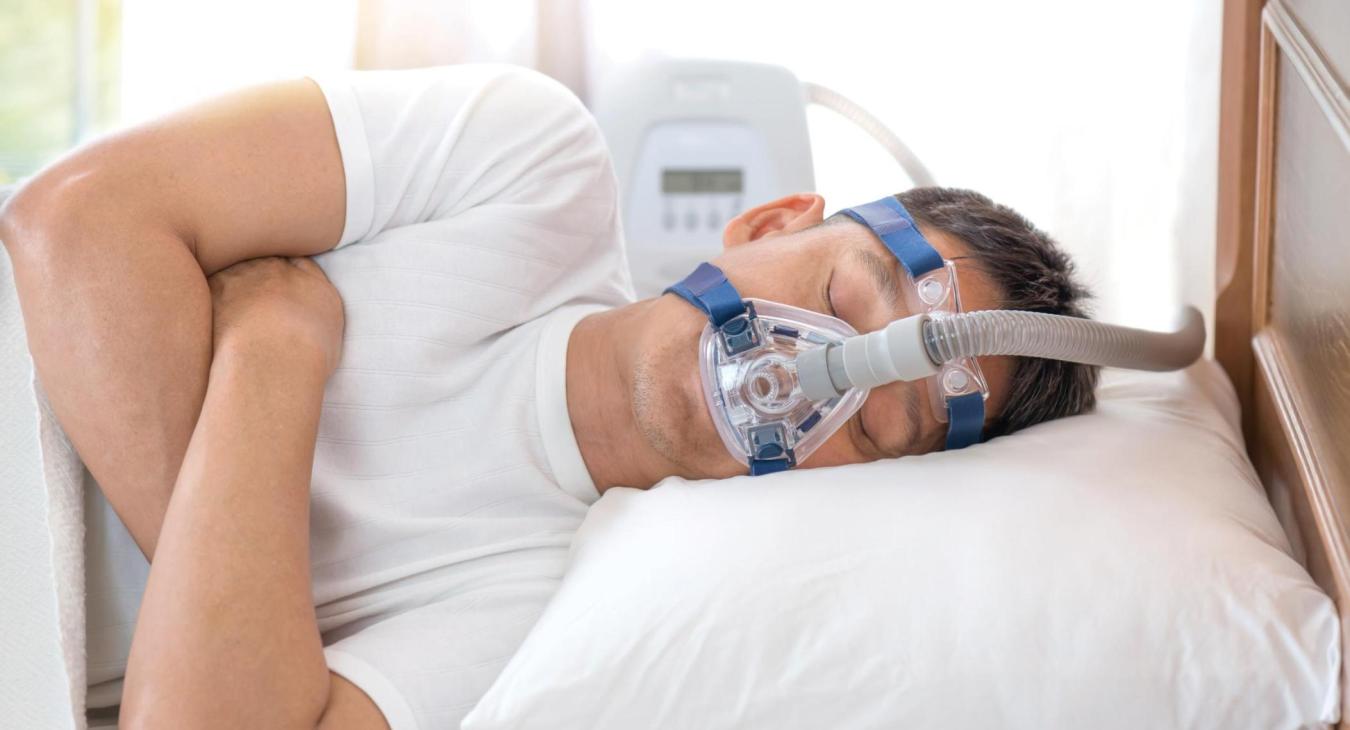Use this guide to plan ahead and stay safe
If you or a loved one relies on an electric medical device, a power outage isn’t just an inconvenience — it could be life-threatening. Severe weather or equipment failures can knock out electricity without warning, so it’s essential to have a plan in place to stay safe.
Start by contacting your cooperative. Many offer priority restoration for those with medical needs. Clay Electric Cooperative maintains a medical needs list and works to restore power to those members as quickly as possible as the situation allows. Electric distribution cooperatives work hard to restore power as quickly as possible, even priority customers may face delays during widespread outages. That’s why it’s so important to be prepared.
Follow these tips to prepare medical equipment for a power outage:
- Document your devices. Keep a file that includes the device’s manufacturer, model, serial number, instruction manuals and a photo. This information can be useful for repairs, replacement or communicating with your utility or insurance provider.
- Know your backup options. Find out if your device is compatible with backup power like batteries or a generator. Check how long it can operate during an outage. Follow the manufacturer’s recommendations and keep device-specific supplies on hand.
- Keep devices maintained. Make sure equipment is clean, calibrated and working properly ahead of time. Routine maintenance helps prevent surprises during emergencies.
- Charge up. Keep your cell phone, backup power sources and battery-powered medical devices fully charged. Keep extra batteries on hand, especially during storm season.
- Create an evacuation plan. Have a plan in case you need to leave your home. Identify locations of emergency shelters and power stations in your area. Talk with family or friends about places you can go that have power and are accessible.
- Stock up for two weeks. Keep a two-week supply of medications, medical accessories and essentials like coolers and refrigeration packs for temperature-sensitive medicine.
- Consider manual alternatives. Look for portable, dependable alternatives to electronic medical devices — for example, a manual wheelchair, walker or cane as a backup for an electric scooter.
- Review your insurance coverage. Before disaster strikes, talk with your insurance provider so you know what’s covered if your medical device is damaged during a weather event or power outage.

